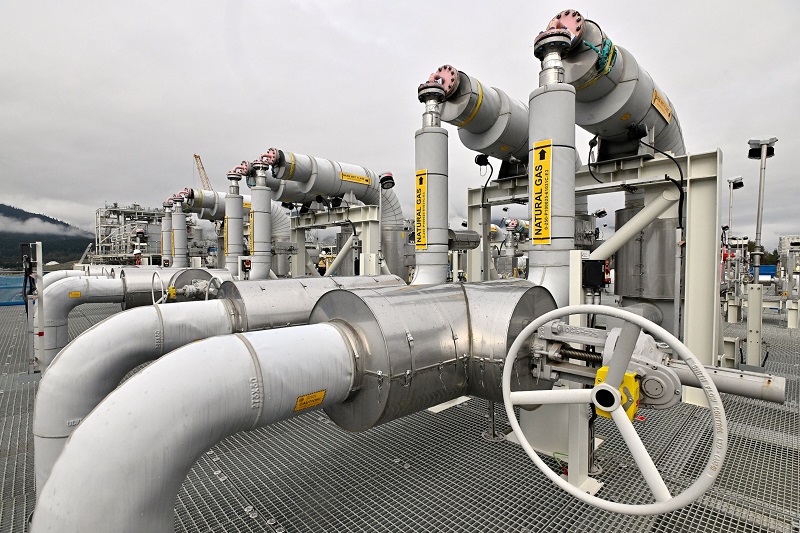Bussiness
Russian gas exports to Europe via Ukraine halted as transit deal expires

Russian natural gas exports to Europe via Ukraine have ceased as the transit agreement between Moscow and Kyiv expired without renewal.
The halt, effective from January 1, ends a key route that once transported significant volumes of gas but had dwindled in use due to geopolitical tensions and the ongoing war.
Ukraine’s Energy Minister German Galushchenko described the move as a “historic event,” stating that Europe has already transitioned away from Russian gas. The stoppage was anticipated, as Ukraine had consistently opposed extending the transit deal amid the military conflict that began in February 2022.
Gazprom had also projected the absence of Ukrainian transit in its plans for 2025.
Russian gas exports to Europe continue via the TurkStream pipeline, which supplies Turkey and several central European nations, including Hungary and Serbia. However, European countries have increasingly sought alternative energy sources, reducing reliance on Russian gas since the conflict’s escalation in 2022.
Nations like Slovakia and Austria have already secured alternative supplies, while Moldova plans to cut gas consumption by a third.
The expiration of the five-year agreement has led to financial consequences for both sides. Ukraine faces the loss of $800 million annually in transit fees, while Gazprom stands to lose close to $5 billion in sales.
Gazprom attributed the halt to Ukraine’s refusal to renew the agreement, stating it lacked the technical and legal ability to continue transit through Ukrainian territory.
Russia’s share of the European gas market, which once stood at 35%, has sharply declined. Other key routes, including the Yamal-Europe pipeline via Belarus and the Nord Stream pipeline to Germany, are no longer operational. Combined with the Ukrainian transit route, these pipelines delivered a record 201 billion cubic meters of gas to Europe in 2018, compared to just 15 billion cubic meters via Ukraine in 2023.










